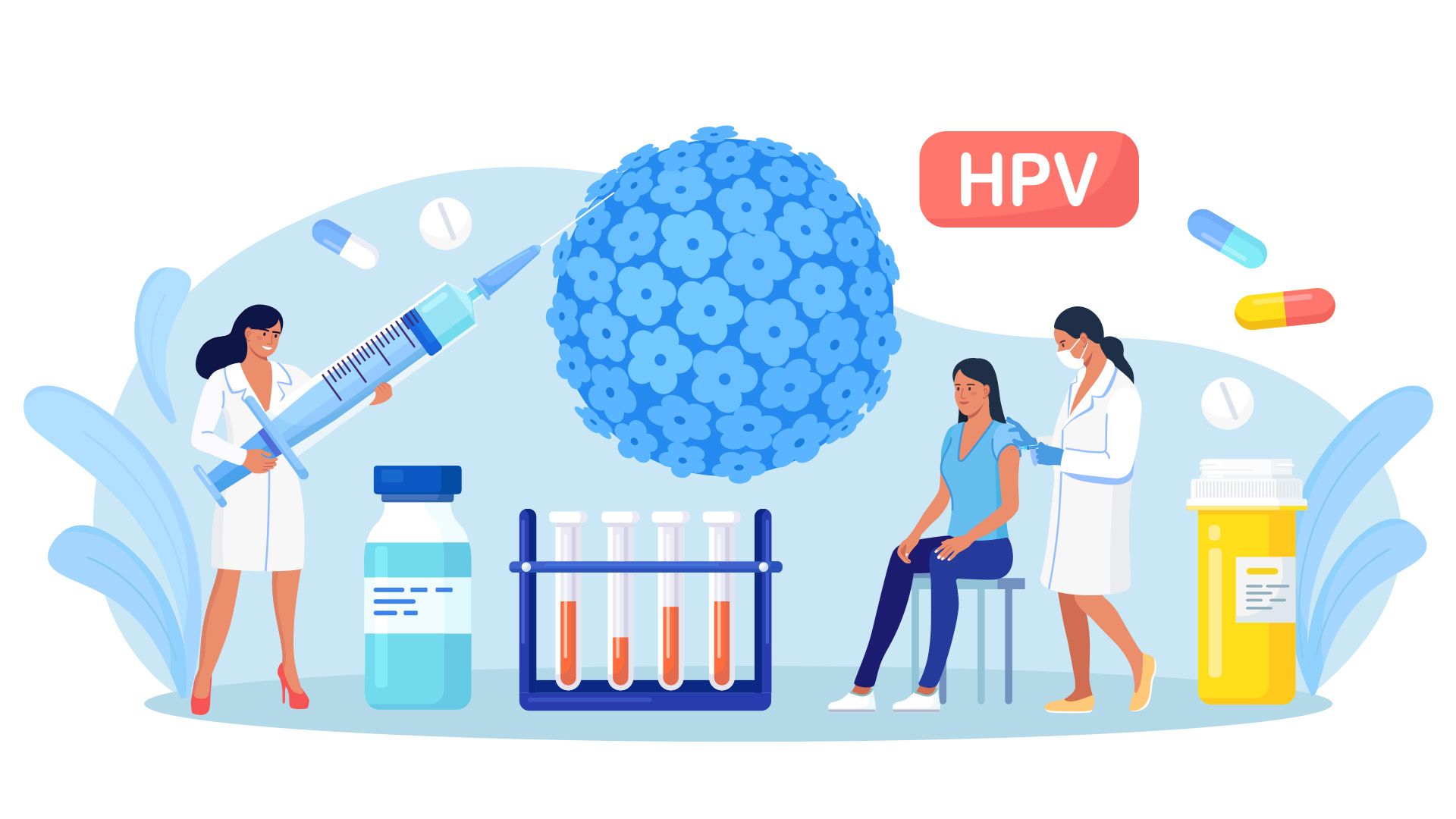In South Africa, the month of November is a busy one for most people. The weeks pass in a rush to complete projects, help one’s kids through final tests and to prepare for the much-needed break ahead. It is however also a very important month for raising awareness around the serious health issues specifically affecting the male half of our population.
Movember, as it has become known, sees healthcare professionals, men and some women around the globe joining forces in multiple events and campaigns to highlight what are considered the three vulnerabilities particular to the male sex, namely: prostate cancer, testicular cancer and clinical depression in men.
According to Dr Paul Porteous, a urologist at
Netcare Olivedale Hospital, raising awareness of illnesses is an important part of preventative medicine. “The Movember movement can instil a wonderful sense of camaraderie amongst men through the various entertaining activities that take place such as fun runs in colourful underwear, while at the same time showing support and empathy for those affected by these issues.
“Of the three illnesses, testicular cancer is the least common with only six out of every 100 000 men likely to develop the malignancy. It is the most common male cancer among younger men between the ages of 15 and 49 and is therefore deserving of the best interventions in those men in whom it does occur. It is important that men don’t ignore any new or unexplained lump in the testes,” he cautions.
Dr Porteous explains that although according to the latest (2016) statistics of the National Cancer Registry, South African men have a one in 17 risk for being diagnosed with prostate cancer in their lifetime, prostate cancer is far more common with one in 10 men being diagnosed in areas with widespread screening. “The good news is that many, if not most, prostate cancers are slow growing, meaning that early detection does enable better management and improves the chances of a cure.”
Men are increasingly taking control of their physical health, in the understanding that they may have great physical strength but that they are also human and therefore vulnerable. Mental health, however, continues to be sidelined in many cases.
“The third illness in the Movember trio – clinical depression in men – is harder to measure due to the stigma attached to it. While the magnitude of this problem is often only recognised and measured by the number of resulting suicides, the burden endured by those men living with the condition remains under the radar and cannot be calculated,” asserts Dr Porteous.
In the opinion of Dr Porteous, drawing attention to common illness contributes to preventative care. “This may be especially important in the case of illnesses that people generally avoid discussing, as the more open communication there is around these topics, the more chance we have of reaching positive outcomes,” he says.
Age and prostate cancer
Urologist, Dr Jan Wilhelmus Aucamp who practises at
Netcare Union Hospital, relates that prostate cancer represents the second most common cancer in men and the fifth most common cause of cancer death in men. “Age related demographics do clearly indicate an increase as men age, and it is most often diagnosed in men aged 65 - 74 years. However, worldwide incidence of prostate cancer has increased in men as young as 15 to 40 years old, with an average of about 2% per year since 1990. Although rare, these men present with more advanced cancer with a worse prognosis than older individuals.”
Due to the significant role that age plays in the development of prostate cancer, healthcare professionals urge men to take the importance of screening seriously. Dr Stephen Cornish, a urologist at
Netcare Sunninghill Hospital
suggests: “Any man over the age of forty should consider having himself assessed with regards to the current state of his prostate gland as well as its potential to develop prostate cancer in the future.”
Dr Cornish explains that men need not panic about prostate cancer, as it is usually slow growing and there is time to develop patient specific strategies. The disease becomes more prevalent with ageing, “In fact, when the middle eighties are reached just about every man will have a prostate cancer. Many prostate cancers will only require watchful waiting which means that your urologist will closely monitor your condition and intervene if there is evidence the disease is progressing. Even though the bulk of prostate cancers are not rapidly progressive it is still prudent to screen men over forty to detect those who are going to develop clinical disease and possible early death if not treated.
Race, genetics and lifestyle indicate risk factors
“Racial disparity in the incidence and mortality rate of prostate cancer is significant, with a two-fold higher mortality in black men than in white. Asian men, in their native countries, have the lowest incidence,” says Dr Aucamp.
“Family history and genetic predisposition are additional risk factors. In men, immediate relatives with breast cancer increase the diagnosis by 21% and mortality by 34%. Similarly, a family history of prostate cancer increases risk by 68%. Lynch syndrome, also known as hereditary non-polyposis colorectal cancer, in families also predisposes individuals to a two-fold higher risk.”
Dr Aucamp warns that unhealthy lifestyle factors such as tobacco smoking and increased BMI (body mass index) with other components of metabolic syndrome increase prostate cancer risk. “Interestingly, vitamin E supplementation came up in one study as a risk contributor, which is not something one would normally consider an unhealthy lifestyle choice.”
Symptoms and screening
According to Dr Aucamp, prostate cancer can be detected with screening before patients experience any symptoms, however local symptoms can include the following. These symptoms, however, usually only present at a more advanced stage:
- Lower urinary tract issues such as frequent, weak, interrupted or painful urine flow
- Presence of blood in the urine or seminal fluid
- Erectile dysfunction
- Urinary retention
Dr Cornish notes that many of the above symptoms can also indicate benign prostate enlargement, and that a good place to start is often the GP, who should be able to perform a baseline screening for prostate cancer. If there are concerning findings then a referral to a urologist would be necessary.
“A simple blood test, the PSA test, remains the best biochemical test that can indicate if prostate cancer is present or if there is potential for occurrence in the future,” However, Dr Cornish emphasises that it can also lead to over-diagnosis and unnecessary treatment. “Furthermore, the PSA is not a substitute for a rectal exam,” he says. “No one likes a rectal exam, in the same way that ladies are not keen on vaginal exams. It is, however, important and wise for men to put aside their dislike for such an exam and see it as an essential part of maintaining good health in later years.”
Dr Cornish’s recommended frequency of screening
Beyond the PSA test and rectal exams, an MRI scan of the prostate has become the gold standard to make a final decision on whether the prostate should have a biopsy, according to Dr Cornish. He reiterates that this in no way should replace preliminary screening, which must include a PSA test and rectal exam.
Dr Porteous adds that a further point to consider is that while many prostate cancers are indolent and may not even need to be treated but should be monitored through ‘watchful waiting’, there are those which are aggressive and certainly do warrant treatment. He asserts that current screening methods cannot distinguish between these cancers and screening programmes run the risk of over diagnosing and over treating some cancers in addition to incurring avoidable risks and costs for the patient, physically, financially and emotionally. Ultimately, the specialists note that a great deal of consideration should be given at each step of the process as to the management of the condition.
Prostate biopsy
This test remains the only method for a definitive, positive cancer diagnosis. Dr Cornish cautions that a biopsy should only be performed after careful consideration of a patient’s particular case, and even then only under particular circumstances. “This procedure should no longer be done in the urologist’s rooms as this is prone to problems including unacceptable sepsis rates, multiple repeat biopsies, inaccuracy as well as being painful for the patient.
“The advent of the MRI-guided prostate biopsy in theatre under anaesthesia has greatly reduced the number of biopsies a patient will undergo before a cancer is diagnosed. The MRI-guided biopsy allows the urologist to target the suspicious area with a high degree of accuracy and the whole prostate is available for targeting unlike with the out-dated rectal biopsy in consulting rooms,” he says.
Positive diagnosis and treatment
Dr Cornish explains that upon a positive cancer diagnosis the urologist will assess if the disease is localised or if it has spread elsewhere in the body. Today a PSMA scan is requested to look for cancer in other parts of the body. In patients with disease confined only to the prostate gland there are various curative options including the choice of watchful waiting as previously mentioned. In patients with a low volume disease outside the prostate gland there is also the possibility of a cure. If the disease is widespread the patient will be offered therapies that can keep the disease under control, often for many years, and these will be individualised to each patient.
“We are also finding that a multi-disciplinary team results in an optimal strategy for each patient. This panel of specialists may include pathologists, radiologists, medical (chemo) oncologists, radiation oncologists, nuclear physicians and other urologists. It is worth having the conversation with your doctor to find out if he or she utilises this form of patient management,” advises Dr Cornish.
Dr Aucamp adds that the management of prostate cancer would include watchful waiting with follow up biopsies and/or MRI as well as possible radical prostatectomy, “which in 85% of cases in the modern environment would be performed through robotic surgery,” he notes. “Radiation therapy, including external beam therapy and brachytherapy, are also options and compare favourably with prostatectomy”.
Recurrence
“Prostate cancer may recur in up to a third of men after local therapy. This could be a case of either cancer recurring in the prostate only or cancer that has metastasised, or spread, to other parts of the body. There are treatments available such as radiotherapy, chemo hormonal therapy, androgen blockade and PARP inhibition, which can significantly prolong the lives of these men.
“Naturally, as doctors we would like to avoid reaching this stage and we therefore urge men to take control of their health early on and make sure that they go for baseline screenings,” concludes Dr Aucamp.













